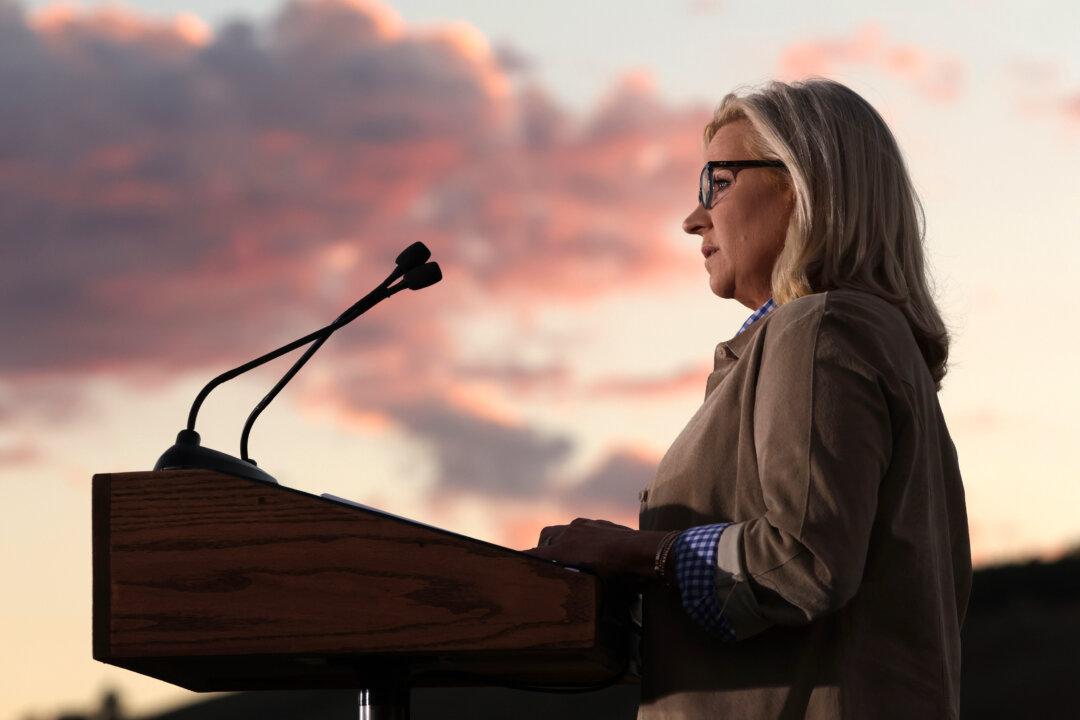Commentary
As Congresswoman Liz Cheney was being decisively repudiated by the voters of Wyoming (66 percent to 29 percent is a repudiation), her smug Eastern establishment certainty of moral virtue remained intact.

As Congresswoman Liz Cheney was being decisively repudiated by the voters of Wyoming (66 percent to 29 percent is a repudiation), her smug Eastern establishment certainty of moral virtue remained intact.